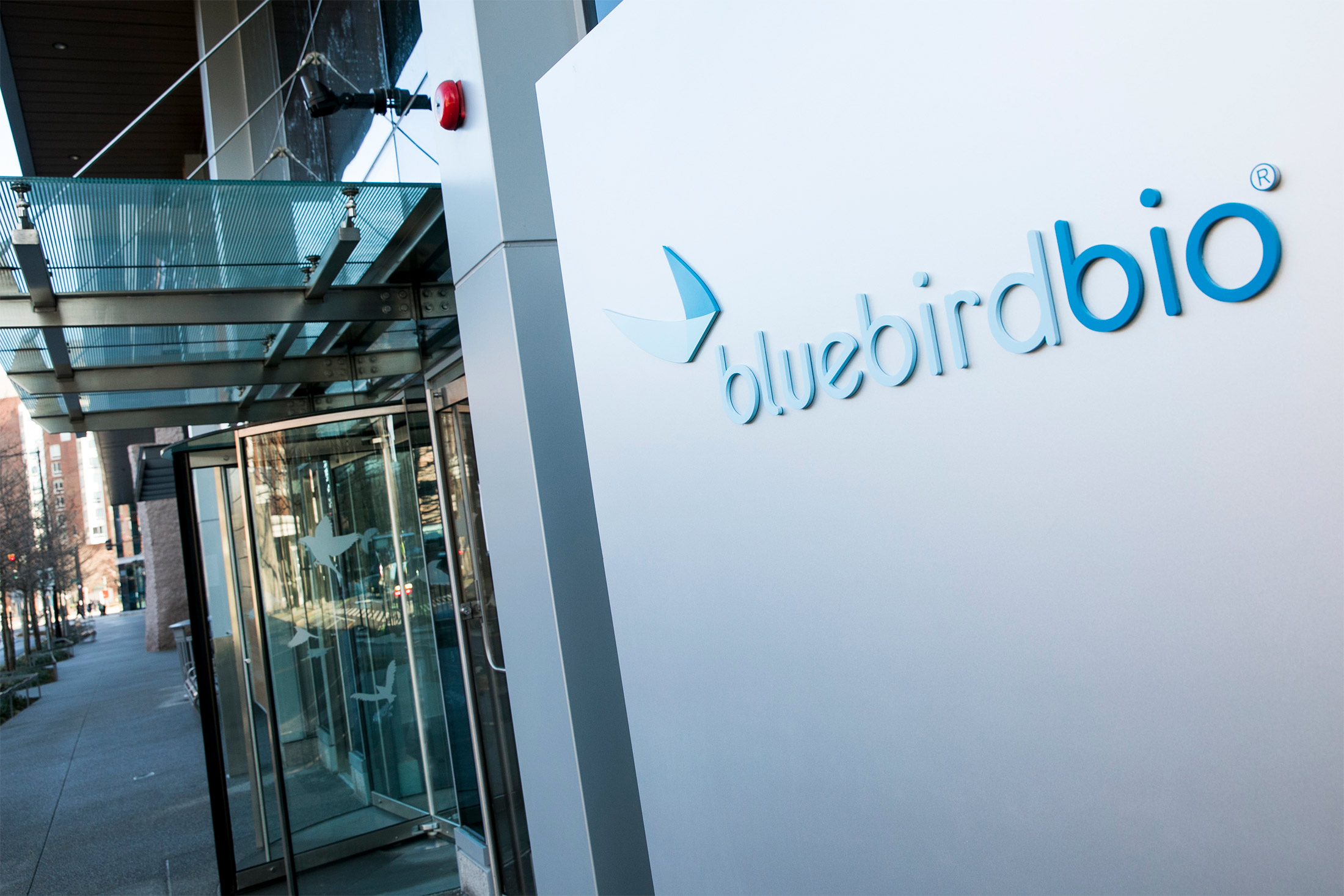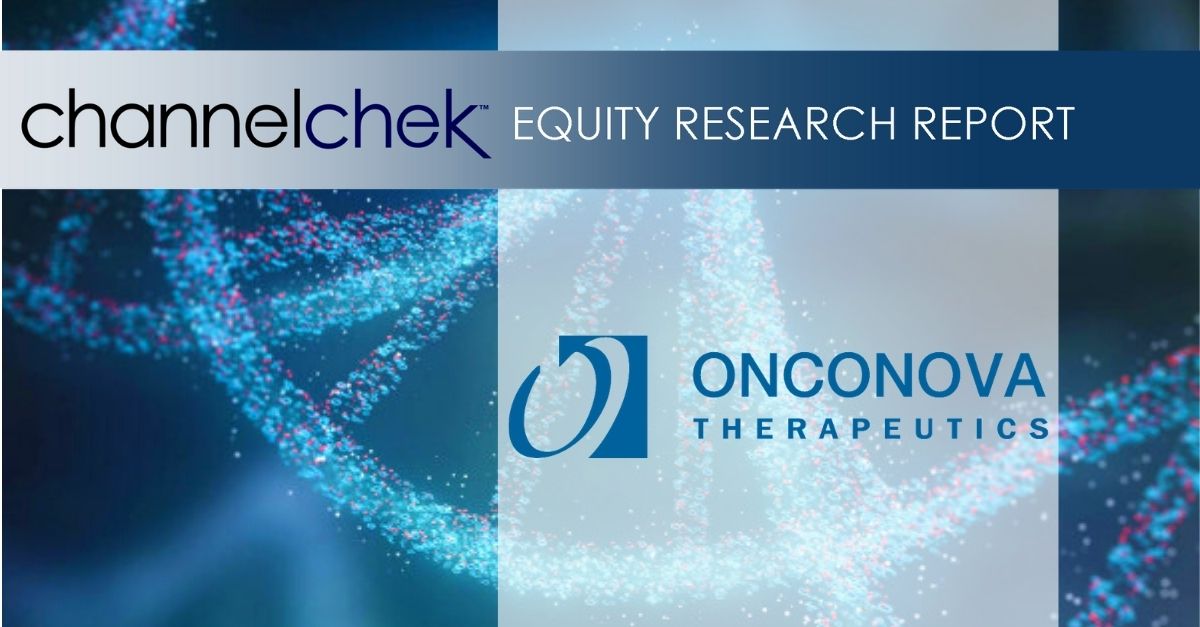Research News and Market Data on ZVSA
Dec 14, 2023
PDF Version
- Cholesterol Efflux MediatorTM VAR 200 is in development to ameliorate renal lipid accumulation that damages the kidneys’ filtration system, leading to chronic kidney disease and its progression.
WESTON, Fla., Dec. 14, 2023 (GLOBE NEWSWIRE) — ZyVersa Therapeutics, Inc. (Nasdaq: ZVSA; “ZyVersa”), a clinical stage specialty biopharmaceutical company developing first-in-class drugs for treatment of patients with renal and inflammatory diseases who have unmet medical needs, announces selection of contract research organization (“CRO”) George Clinical to manage its Phase 2a clinical trial with Cholesterol Efflux MediatorTM VAR 200 in patients with diabetic kidney disease (DKD). The clinical trial is expected to begin in the first quarter of 2024.
George Clinical is a leading global CRO, headquartered in Sydney, Australia, with more than 500 experienced people in 39 locations providing the full range of clinical trial services to pharmaceutical, medical device, and diagnostic customers for all trial phases, registration, and post-marketing trials. George Clinical, who combines scientific and clinical leadership with expert trial delivery to create distinctive world-class solutions, was the recipient of Citeline’s 2023 Clinical Research Team of the Year. They were recognized for their success in achieving their goals, effective work practices, creative solutions, and meeting major milestones within expected timelines.
“Initiation of the Phase 2a trial in patients with DKD marks a major milestone in the development of Cholesterol Efflux MediatorTM VAR 200 and for ZyVersa. It is the first clinical trial for VAR 200 and will help establish its effectiveness and safety in renal patients, and it will provide valuable insights to guide development for other planned renal indications (focal segmental glomerulosclerosis and Alport syndrome),” said Stephen C. Glover, ZyVersa’s Co-founder, Chief Executive Officer, and Chairman. “We are pleased to partner with George Clinical to manage this important study. With their unparalleled renal research experience in more than 50 chronic renal disease trials and their reputation as a high performing renal CRO, we are confident that our trial will be conducted in an efficient and timely manner to achieve our milestones and advance VAR 200’s development program to the next level.”
“Collaborating with ZyVersa Therapeutics on this trial shows not only our passion for kidney research but also the commitment to provide the necessary clinical research around innovative treatments that could help patients with unmet medical needs,” said George Clinical Chief Medical Officer Maria Ali.
About VAR 200
Cholesterol Efflux MediatorTM VAR 200 (2-hydroxypropyl-beta-cyclodextrin, 2HPβCD) is a phase 2a-ready drug in development to ameliorate renal lipid accumulation that damages the kidneys’ filtration system, leading to kidney disease and its progression. VAR 200 passively and actively removes excess lipids from the kidney.
Preclinical studies in animal models of diabetic kidney disease, FSGS, and Alport syndrome, demonstrate that removal of excess cholesterol and lipids from the kidney’s filtration system with VAR 200 protects against structural damage and reduces excretion of protein in the urine (proteinuria). VAR 200 has potential to treat multiple kidney diseases, including diabetic kidney disease, and rare kidney diseases, FSGS (focal segmental glomerulosclerosis) and Alport syndrome. For more information about VAR 200, Click Here.
About ZyVersa Therapeutics, Inc.
ZyVersa is a clinical stage specialty biopharmaceutical company leveraging advanced, proprietary technologies to develop first-in-class drugs. Our focus is on patients with renal or inflammatory diseases who have significant unmet medical needs. Our development pipeline includes phase clinical stage Cholesterol Efflux MediatorTM VAR 200 in development to alleviate damaging accumulation of cholesterol and lipids in the filtering system of the kidneys. The lead indication is treatment of rare kidney disease, focal segmental glomerulosclerosis. VAR 200 has potential to treat other kidney diseases, including Alport syndrome and diabetic kidney disease. ZyVersa’s pipeline also includes proprietary inflammasome ASC inhibitor IC 100 that blocks initiation and perpetuation of damaging inflammation associated with a multitude of inflammatory diseases. IC 100 has potential to treat many different CNS and other inflammatory diseases. For more information, please visit www.zyversa.com.
Cautionary Statement Regarding Forward-Looking Statements
Certain statements contained in this press release regarding matters that are not historical facts, are forward-looking statements within the meaning of Section 21E of the Securities Exchange Act of 1934, as amended, and the Private Securities Litigation Reform Act of 1995. These include statements regarding management’s intentions, plans, beliefs, expectations, or forecasts for the future, and, therefore, you are cautioned not to place undue reliance on them. No forward-looking statement can be guaranteed, and actual results may differ materially from those projected. ZyVersa Therapeutics, Inc (“ZyVersa”) uses words such as “anticipates,” “believes,” “plans,” “expects,” “projects,” “future,” “intends,” “may,” “will,” “should,” “could,” “estimates,” “predicts,” “potential,” “continue,” “guidance,” and similar expressions to identify these forward-looking statements that are intended to be covered by the safe-harbor provisions. Such forward-looking statements are based on ZyVersa’s expectations and involve risks and uncertainties; consequently, actual results may differ materially from those expressed or implied in the statements due to a number of factors, including ZyVersa’s plans to develop and commercialize its product candidates, the timing of initiation of ZyVersa’s planned preclinical and clinical trials; the timing of the availability of data from ZyVersa’s preclinical and clinical trials; the timing of any planned investigational new drug application or new drug application; ZyVersa’s plans to research, develop, and commercialize its current and future product candidates; the clinical utility, potential benefits and market acceptance of ZyVersa’s product candidates; ZyVersa’s commercialization, marketing and manufacturing capabilities and strategy; ZyVersa’s ability to protect its intellectual property position; and ZyVersa’s estimates regarding future revenue, expenses, capital requirements and need for additional financing. A discussion of these and other factors, including risks and uncertainties with respect to ZyVersa, is set forth in ZyVersa’s filings with the Securities and Exchange Commission, including ZyVersa’s Annual Report on Form 10-K and its Quarterly Reports on Form 10-Q.
New factors emerge from time-to-time, and it is not possible for ZyVersa to predict all such factors, nor can ZyVersa assess the impact of each such factor on the business or the extent to which any factor, or combination of factors, may cause actual results to differ materially from those contained in any forward-looking statements. Forward-looking statements included in this press release are based on information available to ZyVersa as of the date of this press release. ZyVersa disclaims any obligation to update such forward-looking statements to reflect events or circumstances after the date of this press release, except as required by applicable law.
Corporate and IR Contact
Karen Cashmere
Chief Commercial Officer
kcashmere@zyversa.com
786-251-9641
Media Contacts
Casey McDonald
cmcdonald@tiberend.com
646-577-8520
Dave Schemelia
Dschemelia@tiberend.com
609-468-9325















